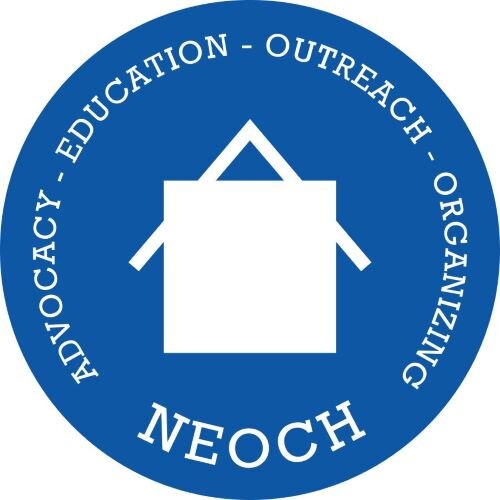Planning for Affordable Housing in Greater Cleveland
by Niki Nohejl
Michael Foley, the Executive Director of the Ohio Tenant’s Organization (CTO) is working with City, County, Social Service, Business and Activists to create a plan to provide affordable housing for homeless people in northeast Ohio.
The deadline for the submission of the proposals is October 1st 2004, and for a year Foley has been trying to piece together a collaboration that could work on a strategic plan to preserve and create housing those with the lowest income in order to prevent homelessness.
“It’s the poorest of the poor in our community,” he said. Foley went on to say they will come up with a process that will result in an effective way for the poor to have homes in Cleveland and Cuyahoga County. An example is Cleveland State gathering data of the city’s strong and weak points. He said this would show where housing is needed and how to get resources to that area for developing new units.
“It’s a strategic plan of here’s where we need help and what are the steps we need to get there,” he said.
Foley said CTO is an organization that has protected renter’s rights for 29 years with a mission to preserve and expand safe and affordable housing in northeast Ohio.
“We operate programs to explain local, state, and national landlord tenant laws, we assist tenants facing eviction with legal and other referrals and information, and work with tenants in multi-family buildings to join collectively to address common concerns they have,” he said.
The strategic planning team will be using the Chicago Rehab Network (CRN) as an outside research consultant, once funding has been provided. CRN is a citywide coalition founded in 1977 by community groups seeking to pool expertise and share information. It contains over 40 housing organizations representing over 60 city neighborhoods.
CRN’s website says, “Over the years CRN’s members have created tens of thousands of affordable housing units and made a visible impact on some of Chicago’s most disinvested communities, while preserving affordable housing in some of its most rapidly gentrifying ones.”
Judith G. Simpson, the founder of TRANS.FORM will also be working with the team overseeing the planning process on this project once it receives funding because she knows the local community.
TRANS.FORM consists of program evaluation, contract research, planning and organizational development services to philanthropy in the government and non-profit sector.
Simpson was formerly the Director of Program Performance and Government Relations, United Way Services of Cleveland, and Senior Program officer for Human Services at the George Gund Foundation. She said, “I really don’t have a role yet in the planning process related to affordable housing, since the proposals that have been submitted by the group who is guiding this process have not yet been funded. Right now everyone is just waiting to see if this will get off the ground.”
Thus far two of the three foundations have provided support to this project.
Copyright Homeless Grapevine Issue #67 Cleveland, Ohio December 2004
